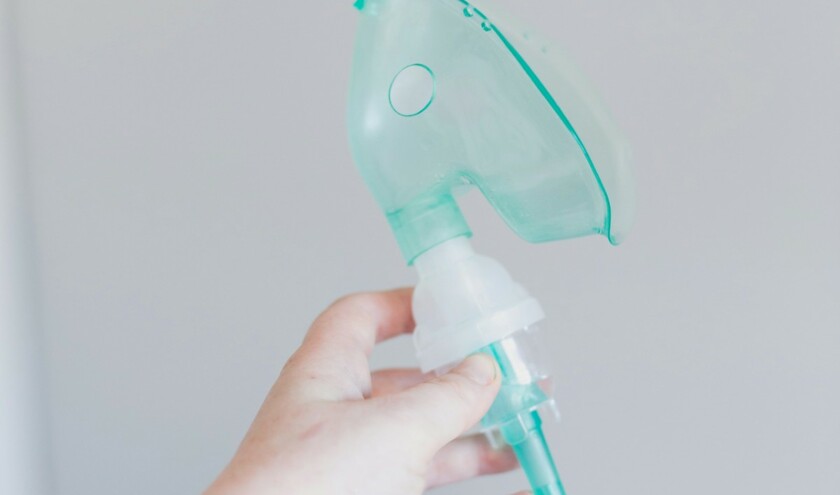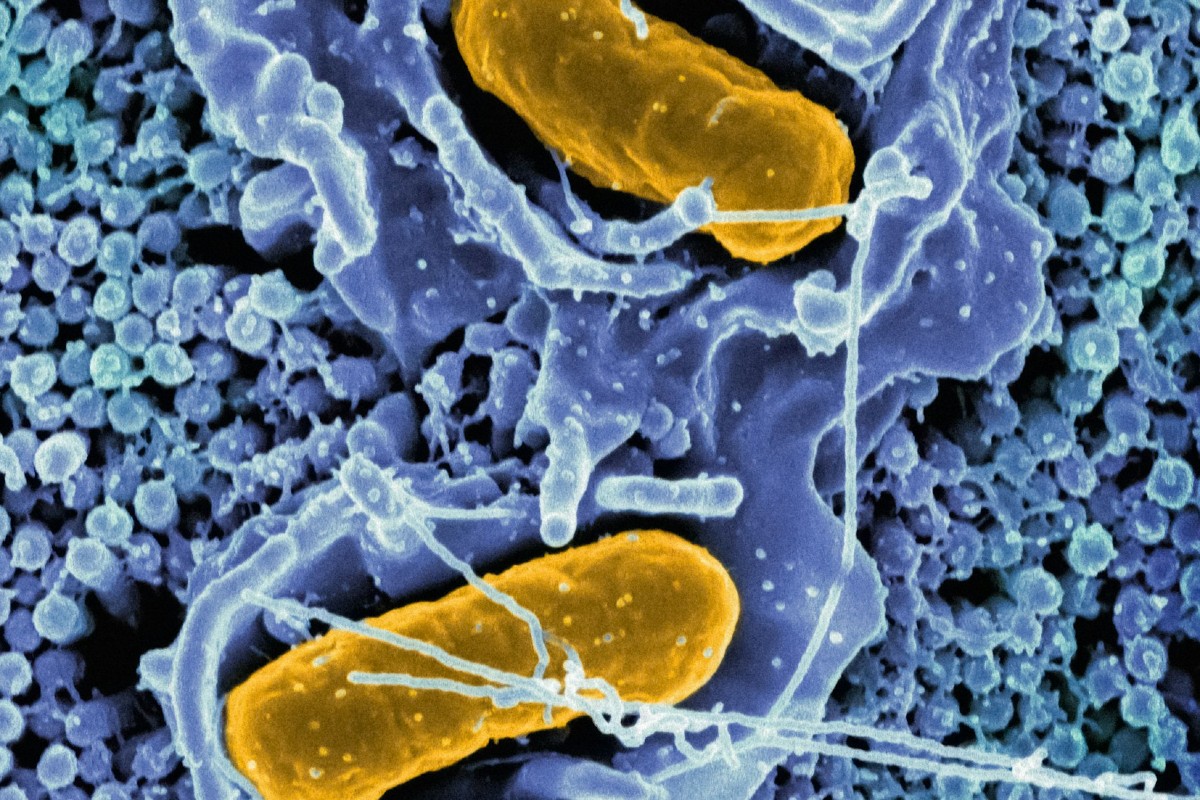The research, funded by the National Institute for Health and Care Research (NIHR), suggests that since Bradford Council introduced its Clean Air Plan (B-CAP), there is real evidence of an improvement in both respiratory and cardiovascular health across the city, as air quality across the city gets better.
One year after the Clean Air Zone was launched, the team found that on average there were 598 fewer GP visits for respiratory health and 134 fewer visits for cardiovascular health each month, reducing the burden on GP practices and saving the NHS an estimated £30,743 per month.
Born in Bradford director and report author, Professor Rosie McEachan, said: ‘It's important to stress these are interim figures, and, as the baseline period coincided with the COVID-19 pandemic we need a longer time period to be able to fully disentangle impacts of Bradford's clean air plan.
‘Nevertheless, they're hugely encouraging and indicate important benefits for clean air on improving health. By reducing demand for GP appointments caused by preventable pollution relate illness should help to ease the burden on our over-stretched NHS. Our results also show how the Bradford Clean Air Zone is popular with the majority of people, with a 60% approval rating among the public one year after its launch.'
The organisation's previous research underlined how poor air quality can put immediate pressure on hospitals and GPs and how it impacts on children's growth and brain development.



